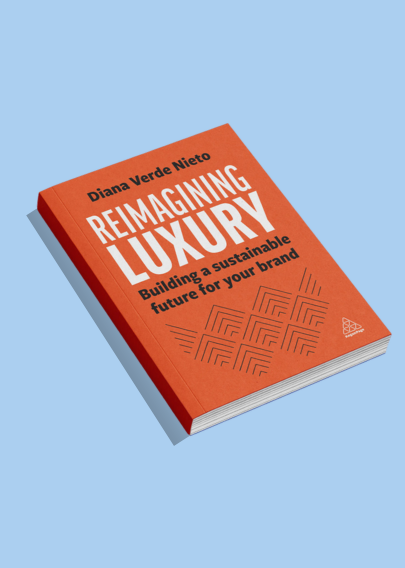With over 160 luxury brands, retailers and suppliers across the globe, our member community forum is an exclusive space to connect, share learnings and best practice, and collaborate to build a more sustainable future for luxury. Hit ‘Add new topic’ to introduce yourself or start a discussion.
COP26 COUNTDOWN: THE SUSTAINABLE BUSINESS REVIEW
October, 2021








